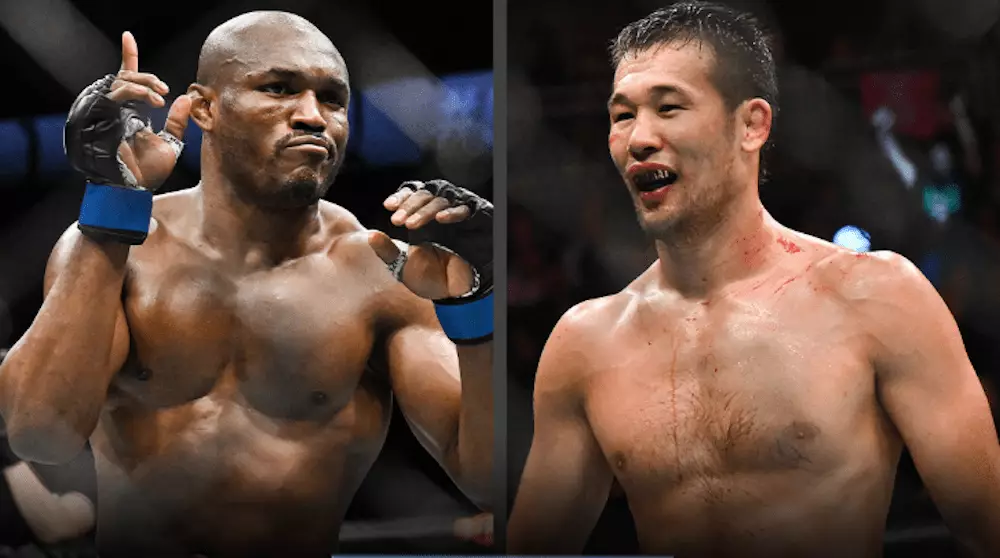Kamaru Usman, a former UFC welterweight champion, finds himself at a crossroads once again as discussions swirl around his potential fight at UFC 310. Originally, Shavkat Rakhmonov was set to face current welterweight champion Belal Muhammad, but with Muhammad sidelined due to a serious bone infection, Usman has announced his willingness to fill in. Though the eagerness to compete is evident, Usman recognizes the complexities of stepping into the octagon on December 7. His candid assessment reveals both his confidence and heeding the alarm bells regarding the timing of this bout.
Usman’s stance is particularly intriguing given the caliber of his opponent. Rakhmonov, who boasts an impressive undefeated record of 18-0, presents a formidable challenge. Despite this, Usman expresses a detailed understanding of Rakhmonov’s strengths and weaknesses, suggesting that he has meticulously studied the young fighter’s style. His podcast remarks reveal not only a fighter’s bravado but also a strategic mind, eager to exploit Rakhmonov’s vulnerabilities while showing respect for his skill set.
Recent history looms large as Usman attempts to regain momentum after a string of three consecutive losses. His most recent fight, a close majority decision defeat to Khamzat Chimaev, showcased Usman’s resolve and grit under pressure, even though he fell short. This bout, which followed back-to-back losses to Leon Edwards, highlights Usman’s resilience but also points to the potential risks of rushing back into competition without adequate preparation. In fighting, psychological readiness is nearly as critical as physical conditioning, and it begs the question: Is Usman ready to engage in a high-stakes match at UFC 310?
Moreover, the implications of this decision extend beyond Usman personally; they impact the competitive landscape of the welterweight division. If Usman were to take this fight, it could reshape title talks and alter the trajectory of Rakhmonov’s rising career. The narrative of an aging fighter potentially challenging a young star could be compelling, yet it also raises the stakes for Usman, who needs a win to quell doubts and reignite his title aspirations.
While Usman weighs his options, it’s essential for him to consider the long-term effects of any quick comebacks. A victory against Rakhmonov could reignite his career but would require him to be in peak condition, both mentally and physically. Conversely, a loss could potentially cement the narrative of decline following his recent defeats, leading to questions about his future in the sport.
Ultimately, while the prospect of Usman stepping in to fight Rakhmonov is intriguing, a measured approach should prevail. Health and preparation should take priority over haste, ensuring that when he does decide to return, he does so with the full confidence and capabilities that once made him a dominant force in the UFC welterweight landscape. The decision is his to make, but the implications extend far beyond the individual fighter—the future of the division may well hinge on his choice.

